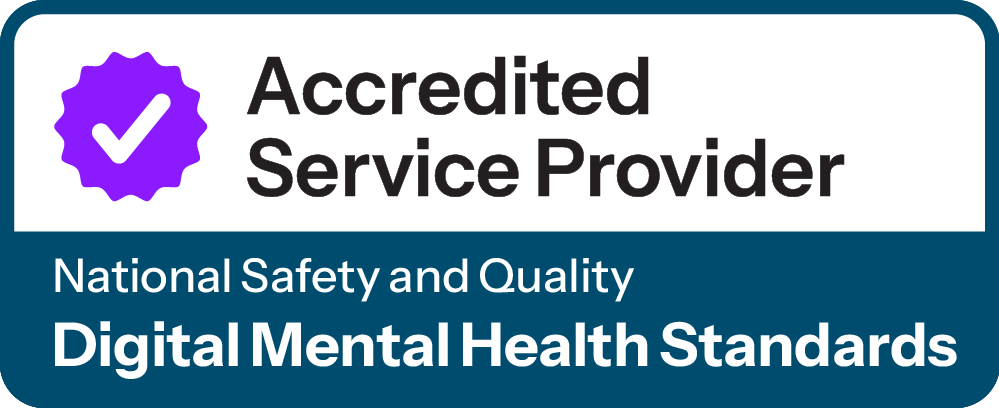Covid-19 has impacted all of our lives and, in many cases, our wellbeing too. With disruption to daily routines, a shift to online learning for many and important milestones being missed, it has been a particularly challenging time for teenagers and their families. And, with Term 4 in full swing and many students returning to face-to-face learning, students across the country still have significant challenges to contend with this year.
This is especially true for Year 12 students who are completing their exams. In particular, this year has had a significant impact on fundamentals of their mental health and wellbeing like sleep, nutrition and their relationships.
A ReachOut survey* found that there has been a significant increase in the severity of study stress for young Australians this year, with approximately one third of students reporting that study stress is currently having a major impact on their mental and emotional wellbeing, up from 18 per cent in December 2020.* The survey also found that the number of young people reporting poor mental health or wellbeing as a result of study stress had doubled from 25 per cent in previous years to 56 per cent this year.
And, with the number of students unable to focus doubling to 68 per cent, 57 per cent having trouble sleeping, 39 per cent reporting poor nutrition and 32 per cent reporting that they had experienced issues with their family, it is important to find ways to help manage teens’ study stress, implement proactive strategies to look after their wellbeing and seek professional support if needed.
As a parent, setting your teen up for study success can be stressful. Add the impacts of Covid-19 into the mix and it’s a whole new ballgame. New routines and changes to learning styles have, at times, created stress for the whole family, especially with everyone spending more time indoors. And, now with a transition back to face-to-face for some, stress, particularly for those in Year 12, is having a significant impact on many teeangers right now.
One student from Victoria said: "I have definitely found it harder to concentrate in class and have to spend more time doing my homework. I also worry that Covid-19 will impact my exam results. Thankfully, my friends and family have been really supportive this year and I've found it helpful to set small goals every day so that things don't become too overwhelming."
What hasn’t changed however, is the importance of education. As learning styles transition and routines change once again, it is important that parents work with their teenagers to create a positive environment to minimise tension and take care of everyone’s wellbeing.
ReachOut has seven strategies that can make a real difference:
- Go back to basics. Being well-fed, hydrated and well-rested is a solid foundation for study success and without these important ingredients your teens’ brain will find it hard to work at full capacity, whether at home or at school.
- Show some self-compassion. You can’t pour from an empty cup so go easy on yourself. By making sure your own emotional health is in good shape, you’ll be better equipped to help manage your teens’ study stress.
- Lend an ear. Sometimes a teen just needs someone to talk to during stressful times. It’s important to be open and non-judgemental as they may just need someone to listen to them, so try not to jump into action-mode straight away.
- Establish a new routine. With the return of face-to-face learning fast approaching for some, establish a new routine that works for the whole family. This includes getting enough sleep, eating regular meals, exercising, as well as finding time for yourself.
- Set goals. Check out the syllabus set by teachers with your teen and help them set manageable goals. They can create a daily priority list with concrete SMART goals that can be ticked off or download one of these apps that will help them study more effectively.
- Make space for downtime. Encourage your teen to do activities that they enjoy before and after school, such as baking, reading books, watching a movie, gaming, exercising, listening to or playing music, or catching up with friends.
- Chat about life after exams. Chances are your teen is more stressed about their life after the exams than you are. By approaching the subject and talking about what comes next, you can take the fear out of the unknown and likely they'll start to feel less stressed about what the future holds.
ReachOut’s Online Learning Survival Guides for young people and parents are filled with practical tips and tricks, including support for study stress.
Youth: ReachOut.com/OnlineLearning.
Parents: ReachOut.com/OnlineLearningParents.
Young people and parents can also access ReachOut’s online communities to connect with others for peer support.
*National surveys of over 1000 young people (aged 14-25) across Australia conducted in September 2021 and December 2020 by ReachOut.






